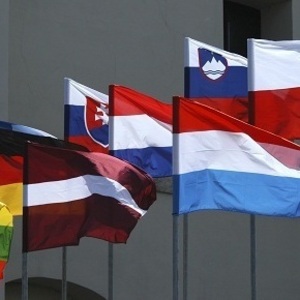EU announces bioenergy funding under 2 major initiatives




July 10, 2014
BY Erin Krueger
Advertisement
Advertisement
Related Stories
Parkland Corp. released Q3 results on Oct. 27, reporting that the volume of biobased feedstock co-processed at its Burnaby Refinery was up 50%. The company also announced its previously announced purchase by Sunoco LP is expected to close Oct. 31.
The U.K. Department for Transport on Oct. 16 confirmed it will implement a revenue certainty mechanism for SAF in the form of an aviation fuel supplier levy. The agency is currently seeking public comments regarding implementation details.
Honeywell on Oct. 28 introduced its new Biocrude Upgrading process technology, which converts agricultural and forestry waste into ready-to-use renewable fuels, including marine fuels, gasoline and SAF.
The Texas Commission on Environmental Quality of offering $12 million in grants to support the development of alternative fueling facilities to supply CNG, LNG, hydrogen, biodiesel blends of B20 or greater, propane, electricity or methanol.
Italy-based energy company Eni on Oct. 24 released Q3 results, reporting that its Enilive business segment processed 315,000 metric tons of biobased feedstock during the three-month period, up 14% when compared to the same period of 2024.





